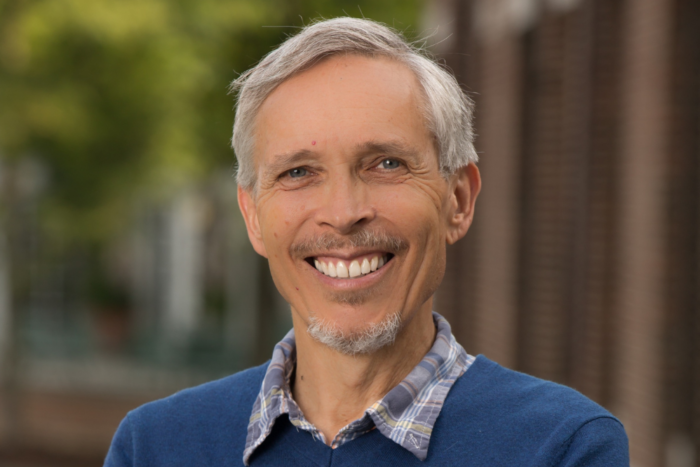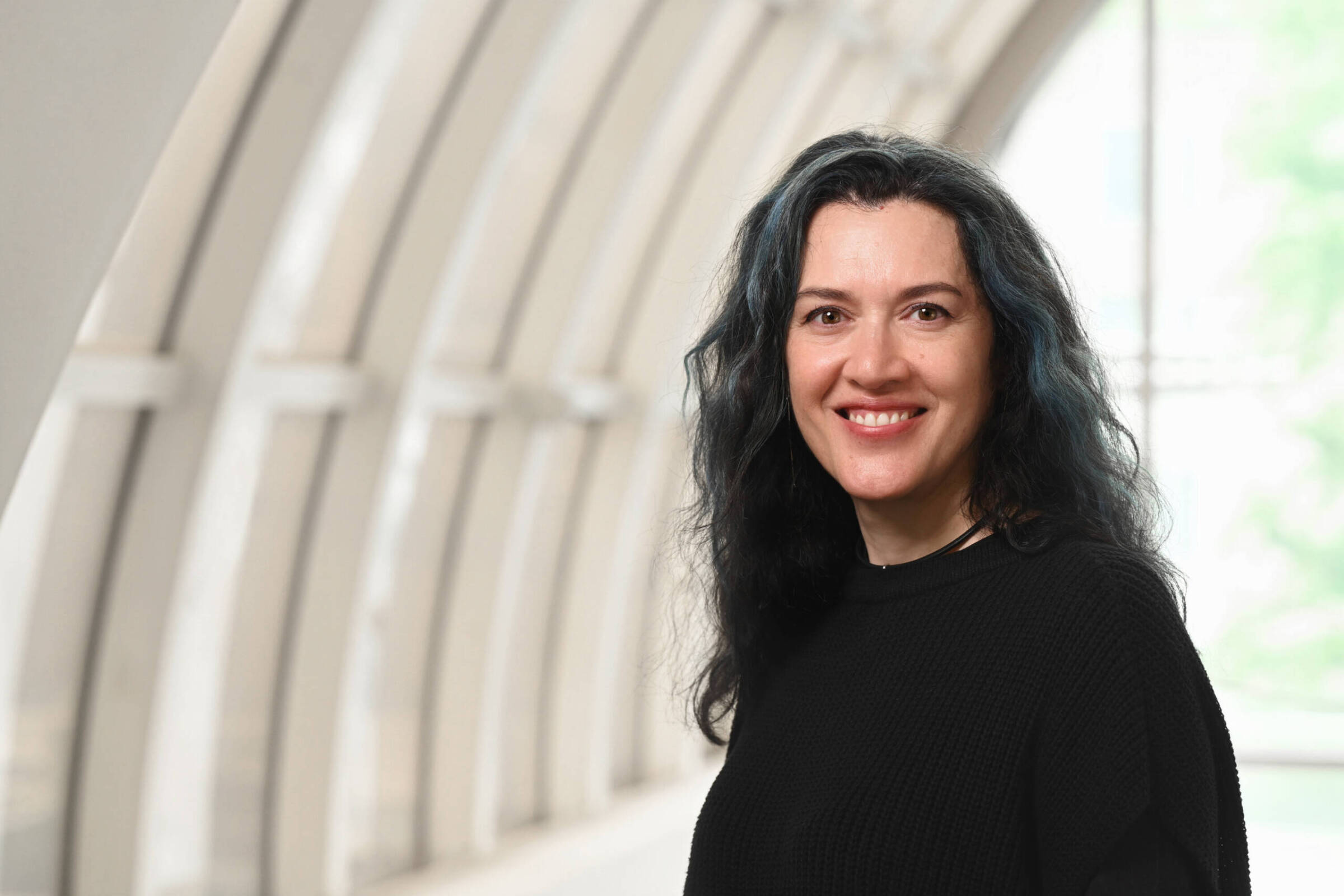New faculty member investigates how genes are born and proliferate
by Wynne Parry, science writer
It’s a central question in evolution: How does something new emerge? Li Zhao, an evolutionary biologist and the most recent addition to Rockefeller’s faculty, approaches this problem by investigating the birth of new genes. Appointed a tenure-track assistant professor and head of laboratory, Dr. Zhao will move to Rockefeller in March.
“It has recently become clear that new genes can arise from DNA that previously did not code for protein, and that each species has a set of genes that is uniquely its own,” says Dr. Zhao, who is currently a postdoc at the University of California, Davis. “I am interested in examining how these genes originate, spread, and contribute to the adaptation of populations to their environment.”
“A better understanding of this process will help to explain how new traits emerge, and ultimately, the evolution of the diversity of life on Earth,” she adds.
From scratch
It’s been known for some time that many genes get their start from existing ones. This can happen when an extra copy of an existing gene arises in an organism’s genome. However, little research has explored how these duplicated genes acquire a function. As a doctoral student at the Chinese Academy of Sciences, Dr. Zhao found a new gene in fruit flies that had arisen by gene duplication. She then addressed the question of function, concluding the gene had taken on a role in the production of sperm.
But sometimes genes appear to arise from scratch—or rather, from noncoding DNA, the part of a genome that doesn’t code for protein. Dr. Zhao’s interests shifted to the mysterious birth of these so-called de novo genes, prompting her to do her postdoctoral work with David Begun, the first to show that this is an important mechanism by which new genes arise.
She is particularly interested in how these new genes spread within populations. With colleagues, she identified 142 de novo genes expressed in closely related fruit fly strains. Because these genes are maintained or spread within the population, and appear to be favored by natural selection, the researchers think it is likely they help the flies in some way. This study was the first search for de novo genes within a population, and the results supported the idea that genes are frequently born this way.
The Zhao lab
While her postdoctoral work focused on genes expressed in fly testis, Dr. Zhao is expanding the scope of this research by looking for de novo genes expressed in tissues other than the testis, in both male and female flies, as well as in multiple fly species.
“While my work and that of others has so far revealed some insights on how these genes are born, many important questions remain,” Dr. Zhao says. “Over the long term, I want to create the first comprehensive description of de novo gene evolution within a species.”
Her work here will also take on new directions. Using tools such as CRISPR-Cas9 genome editing, Dr. Zhao plans to investigate the biological function of these new genes and how that might affect their fitness. She is also interested in human de novo genes, particularly those expressed in the brain, and plans to look for new genes that have arisen since our ancestors split from chimpanzees.
In order to better understand how species adapt to varying environments, Dr. Zhao has also begun studying how gene expression responds to pressure from their local environment. At Rockefeller, she intends to continue this work using fruit flies collected from a number of locations in North America, Africa, and in Asia, where they are exposed to varying conditions, such as temperature.
“By asking inventive questions about the role of natural selection in the origination of genes, Li’s research has the potential to help transform our understanding of the fundamental nature of evolution and biodiversity,” says Marc Tessier-Lavigne, the university’s president. “Her accomplishments as a student and postdoc suggest she will bring important new strengths to the university, and I am thrilled to welcome her to the ranks of our faculty.”


